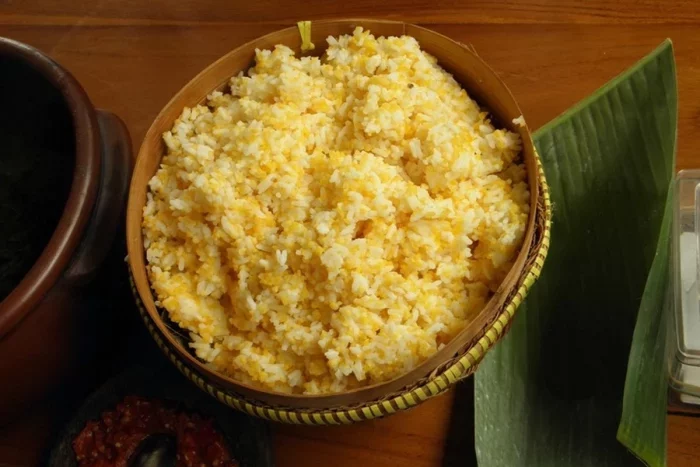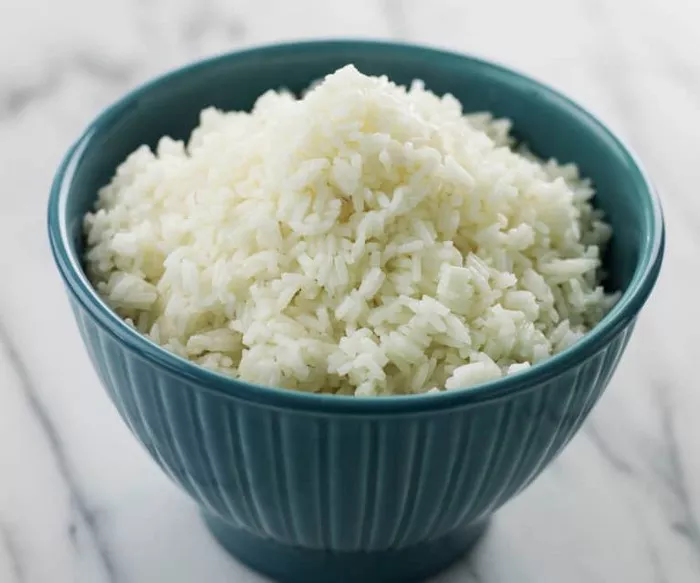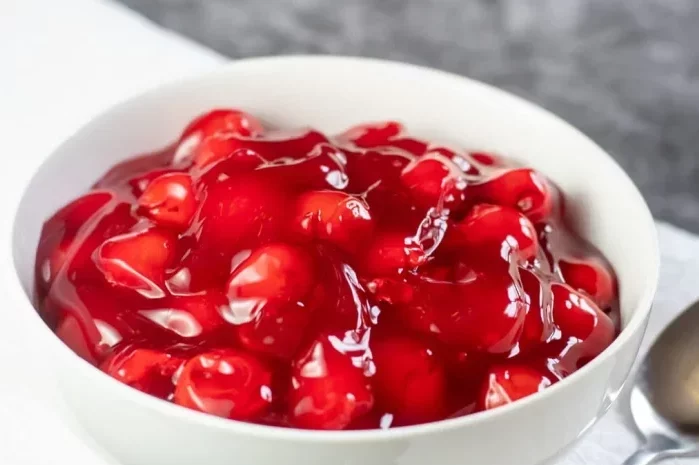Corn rice, a popular alternative to traditional rice, has gained traction among health-conscious consumers seeking gluten-free, grain-free, or low-carbohydrate options. While corn rice offers various culinary benefits and is touted for its versatility, there’s often confusion surrounding its nutritional composition, particularly regarding its sugar content.
In this comprehensive article, we delve into the intricacies of corn rice, examining its nutritional profile, sugar content, and implications for dietary choices.
Nutritional Composition
Corn rice, also known as maize rice or corn grits, is derived from dried and ground corn kernels. Unlike traditional rice, which is harvested from rice plants, corn rice is made from maize, a cereal grain belonging to the grass family Poaceae. Corn rice is naturally gluten-free and serves as a suitable alternative for individuals with gluten sensitivities or celiac disease.
Macronutrient Composition
Corn rice primarily consists of carbohydrates, with smaller amounts of protein and fat. The macronutrient composition of corn rice can vary depending on factors such as processing methods and added ingredients. On average, a one-cup serving of cooked corn rice contains approximately:
- Carbohydrates: 30-40 grams
- Protein: 2-4 grams
- Fat: 1-2 grams
Dietary Fiber Content
Dietary fiber is an essential component of a balanced diet, contributing to digestive health, weight management, and blood sugar regulation. Corn rice contains dietary fiber, albeit in smaller amounts compared to some other whole grains. A one-cup serving of cooked corn rice typically provides around 2-3 grams of dietary fiber.
Micronutrient Profile
In addition to macronutrients, corn rice contains various micronutrients essential for overall health and well-being. These include vitamins such as niacin (vitamin B3), thiamine (vitamin B1), and folate (vitamin B9), as well as minerals like manganese, phosphorus, and magnesium.
While corn rice may not be as nutrient-dense as some whole grains like quinoa or brown rice, it still contributes to overall nutrient intake when consumed as part of a balanced diet.
Does Corn Rice Have Sugar?
One of the key questions surrounding corn rice is whether it contains sugar. The answer lies in the natural composition of corn kernels and how they are processed to produce corn rice.
Corn kernels do contain small amounts of natural sugars, primarily in the form of sucrose, glucose, and fructose. However, the sugar content in whole corn kernels is relatively low compared to other starchy vegetables and grains.
When corn kernels are processed into corn rice, such as through grinding and milling, some of the natural sugars may be retained, but the overall sugar content remains minimal.
It’s essential to distinguish between the natural sugars found in whole corn kernels and added sugars that may be present in processed corn rice products.
Some commercially available corn rice products, such as instant corn rice mixes or flavored varieties, may contain added sugars or sweeteners to enhance flavor or palatability. These added sugars can contribute to increased calorie intake and may have implications for overall dietary health, particularly for individuals monitoring their sugar intake.
Health Considerations and Dietary Choices
For individuals with specific dietary preferences or health conditions, such as diabetes or weight management goals, understanding the nutritional composition of corn rice is crucial for making informed dietary choices.
While corn rice can be a nutritious option as part of a balanced diet, it’s essential to consider factors such as portion size, overall carbohydrate intake, and any added ingredients or flavorings.
When incorporating corn rice into your diet, opt for whole grain varieties whenever possible, as they retain more of the natural nutrients and dietary fiber found in corn kernels. Additionally, be mindful of portion sizes and avoid excessive consumption of processed corn rice products that may contain added sugars or unhealthy additives.
Conclusion
Corn rice offers a versatile and nutritious alternative to traditional rice, with its gluten-free, grain-free, and low-carbohydrate properties appealing to a wide range of dietary preferences and health-conscious consumers.
While corn rice does contain natural sugars in the form of sucrose, glucose, and fructose, the overall sugar content is minimal, particularly in whole grain varieties.
By understanding the nutritional composition of corn rice and making informed dietary choices, individuals can enjoy the culinary versatility and health benefits that corn rice has to offer while maintaining a balanced and nutritious diet.

























